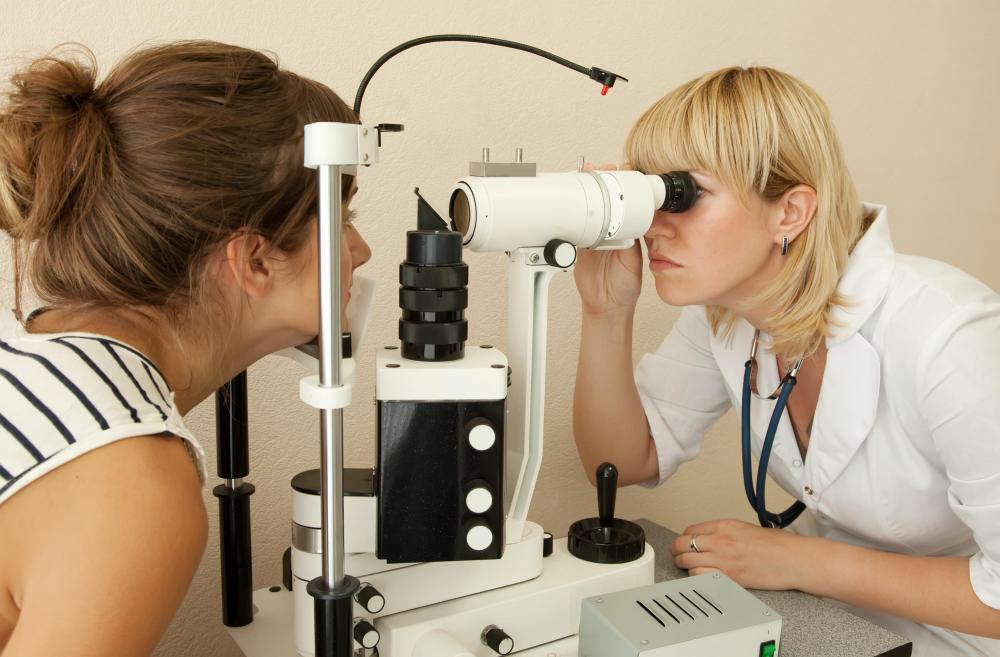At WiseGEEK, we're committed to delivering accurate, trustworthy information. Our expert-authored content is rigorously fact-checked and sourced from credible authorities. Discover how we uphold the highest standards in providing you with reliable knowledge.
What is Oral Chelation?
Oral chelation refers to the oral ingestion of a chemical compound known as ethylenediaietetraacetic acid, or EDTA, in order to eliminate heavy metals from the body. Typically, heavy metals can accumulate in the body when they build up too quickly for the body to eliminate them. Certain people can experience buildups of heavy metals, especially when working in certain environmental atmospheres. Generally, the heavy metals can can build up in the body include mercury, lead, and nickel. Cadmium and arsenic may also build up as well.
It is widely recognized that heavy metals may be the catalyst for the development of free radicals. These substances may be the underlying predisposing factors in a number of diseases and health problems. If left untreated, free radicals and the formation of them, may cause negative effects on the human body. Oral chelation may rid the body of molecule-sized free radicals that could potentially reduce the incidence of certain medical conditions. Still, many health care professionals dispute these claims.

Typically, people acquire heavy metal ingestion from sources such as air pollution, gasoline, and canned foods. In addition, exposure to fluorescent lighting, batteries, and pesticides can increase the incidence of ingesting toxic heavy metals as well. Symptoms of heavy metal poisoning or toxicity may include muscle pain, headache, and chronic fatigue. In addition, patients may suffer gastrointestinal distress, memory problems, and hair loss. These symptoms may also be related to less serious conditions that should be ruled out.

Proponents of oral chelation tout its host of health benefits. These benefits include improved vision, reduced blood pressure and stabilization of cardiac arrhythmias. Oral chelation may also prevent or reduce the incidence of osteoarthritis and improving cataracts. Conversely, opponents of oral chelation point out that this treatment may be toxic in itself. Although oral chelation is widely accepted as the treatment of choice for extreme heavy metal poisoning, it should be used only in extreme cases.

Although oral chelation may have therapeutic value in detoxifying the body from heavy metals, it does have the potential for side effects. These include severe blistering or peeling of the skin, muscle weakness, and fever. More serious side effects may include kidney damage or even kidney failure. It is important to note that a definitive diagnosis of heavy metal toxicity be confirmed prior to the start of oral chelation therapy, and the risks and side effects should be thoroughly discussed with a qualified professional.
AS FEATURED ON:
AS FEATURED ON:













Discuss this Article
Post your comments